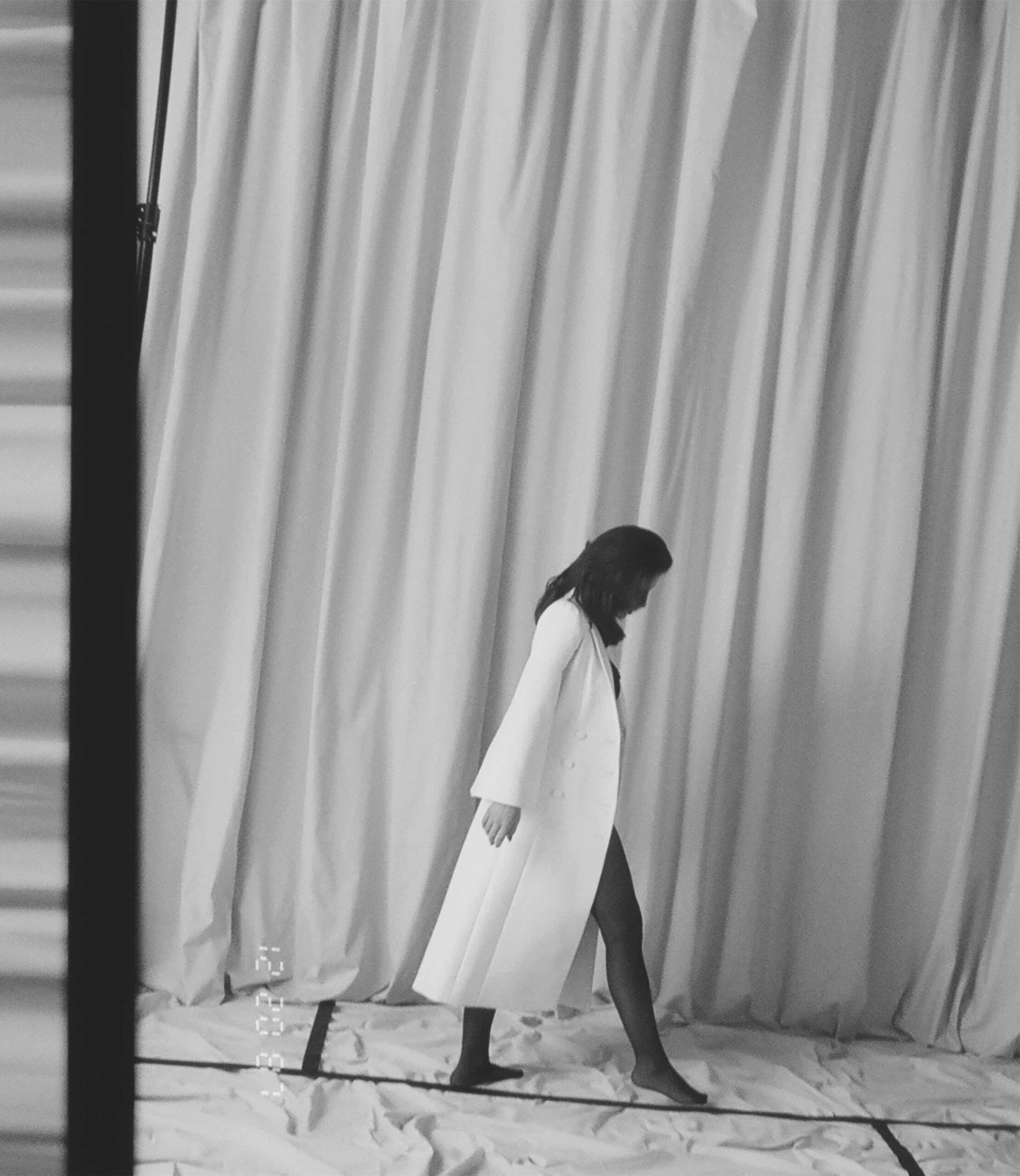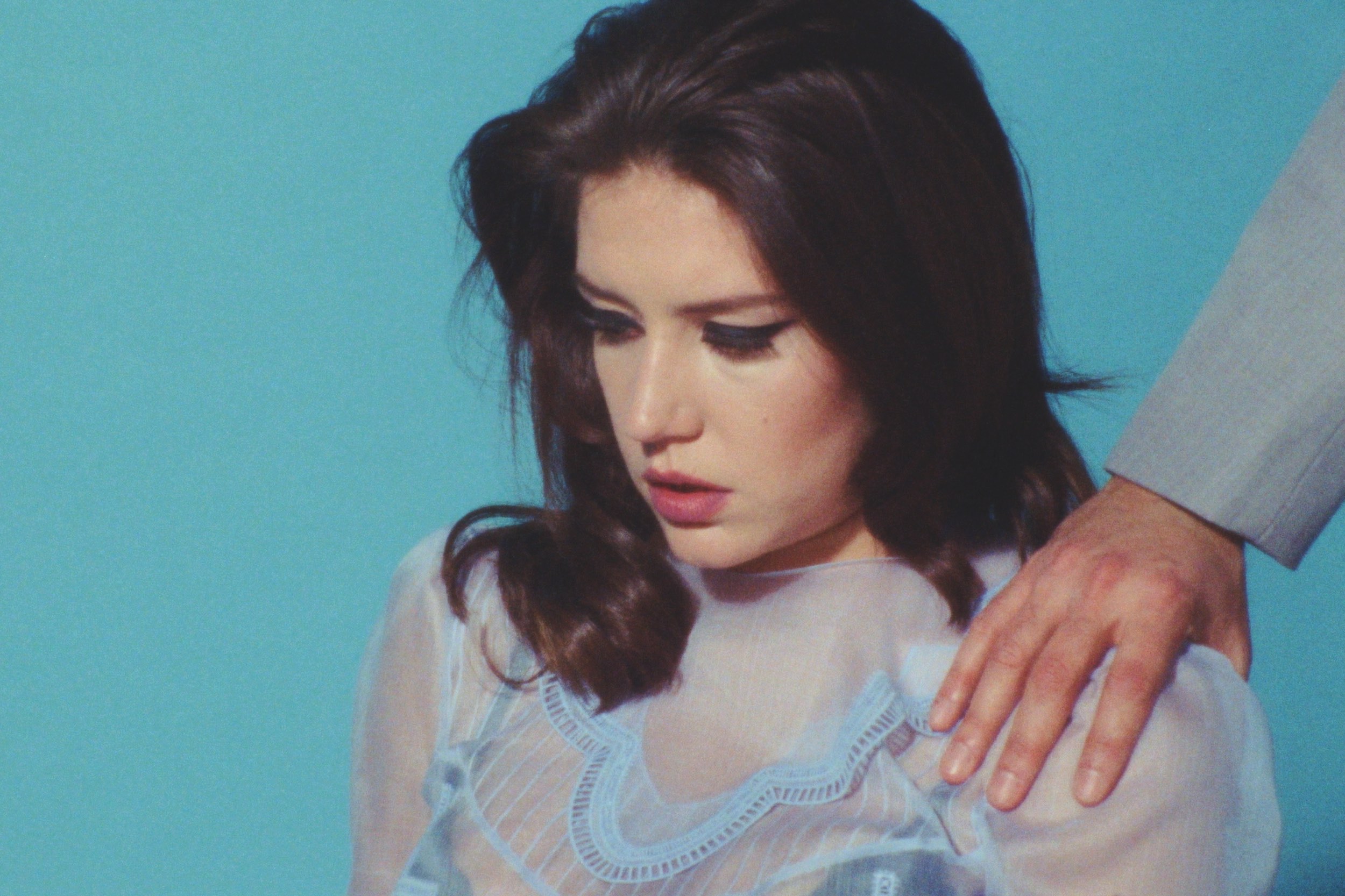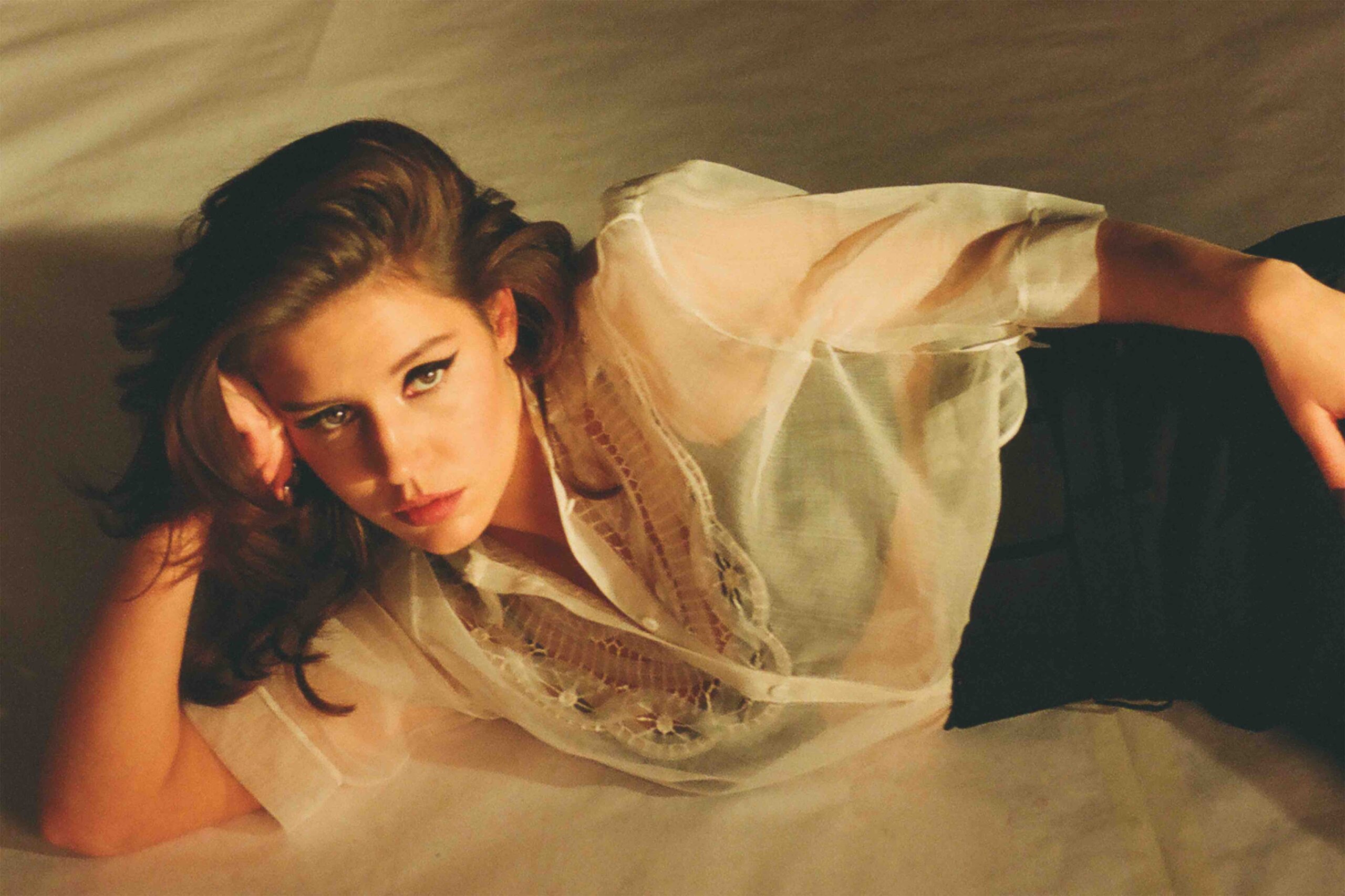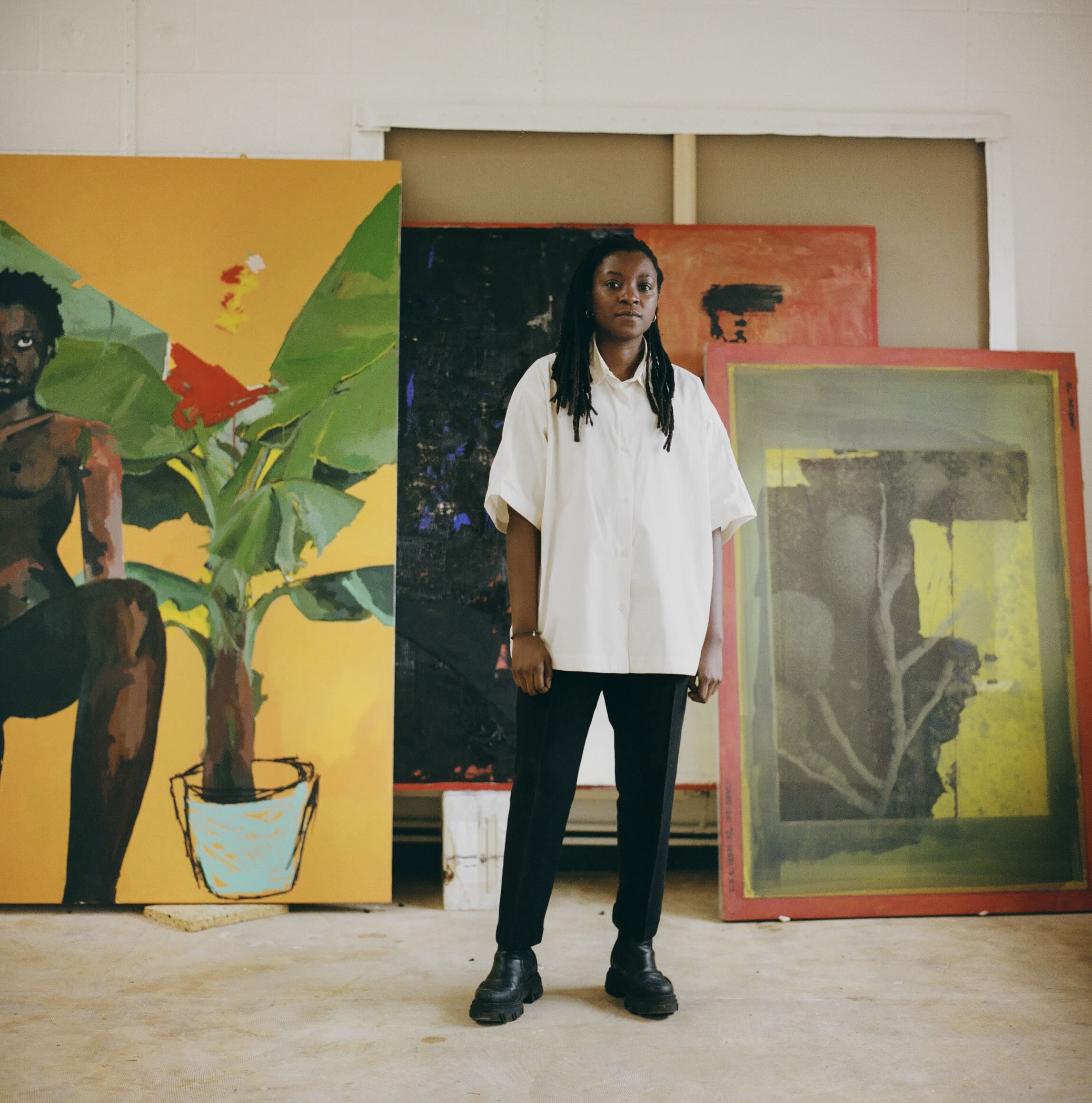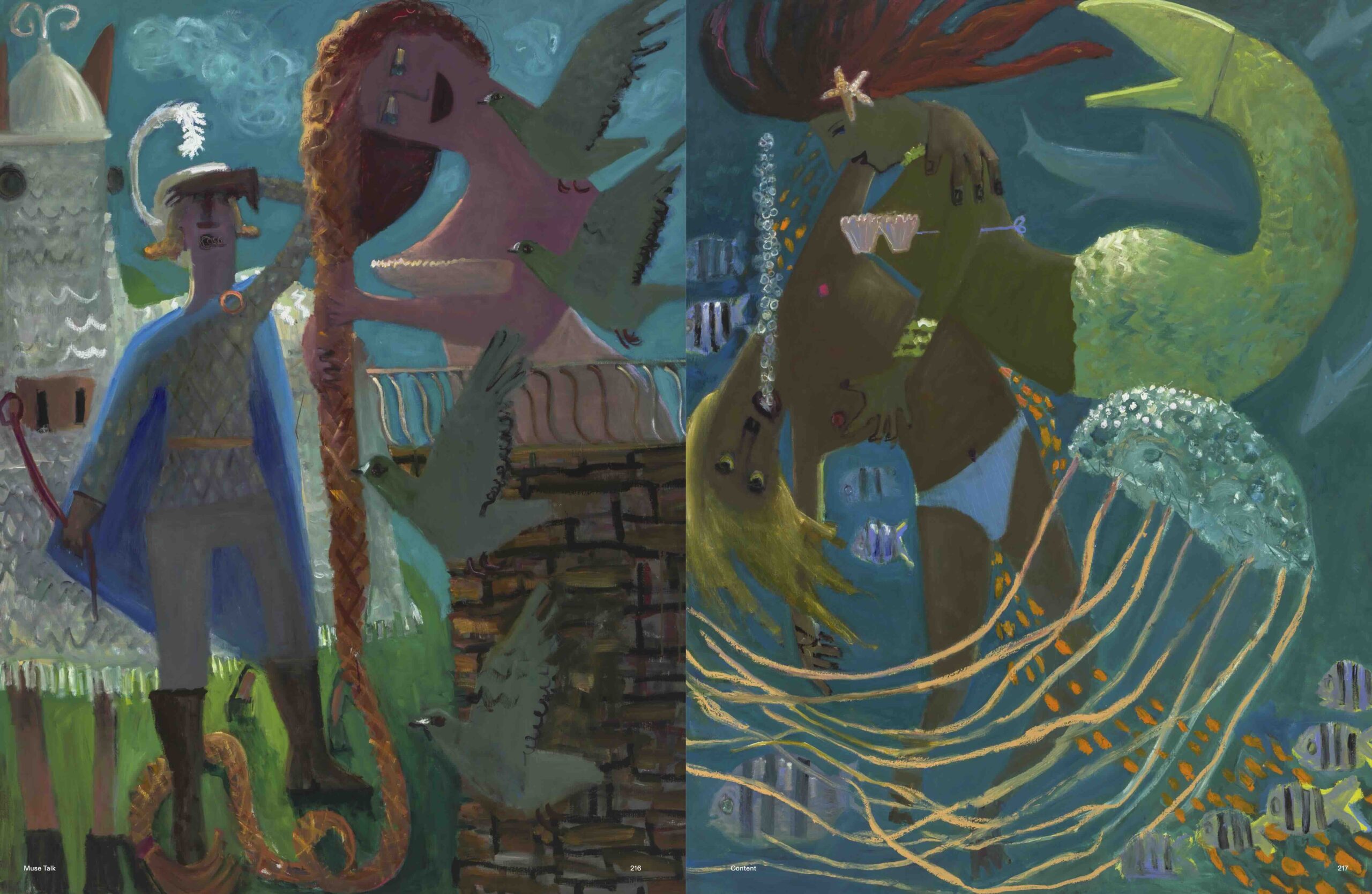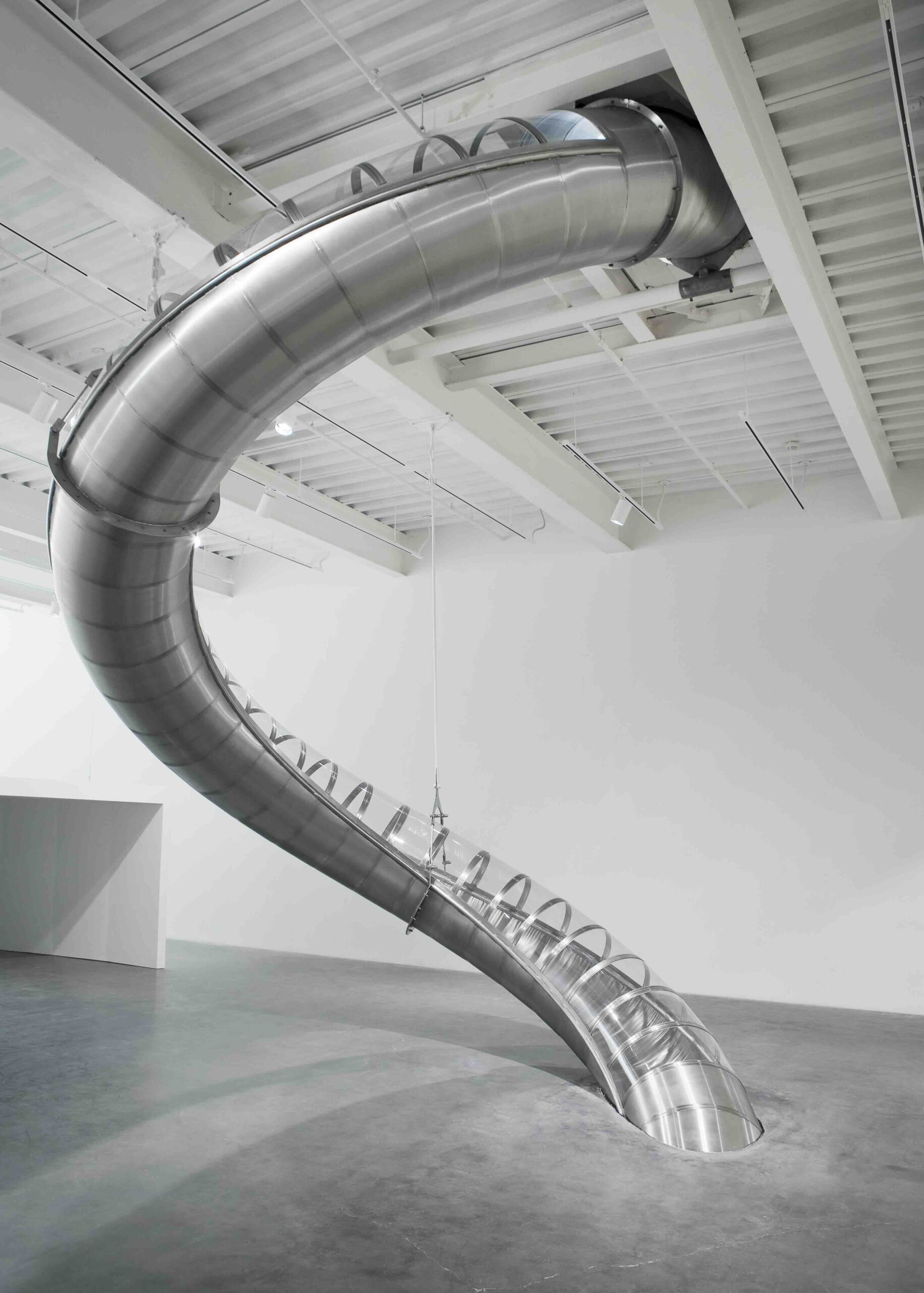CN You started taking acting classes at a young age, how did this opportunity presented itself to you?
AE I was lucky that my parents wanted me to do extracurricular actives as a kid. Out of curiosity, but mainly because I didn’t like sports, I ended up picking an improv class in Paris’ 18th district. It was playful, direct and I enjoyed it immediately. Chance then brought a Casting Director there who asked me to do this screen-test. That’s how it all started. It could all be accidental, but it could also just be destiny.
CN Besides the play The Trilogy of Vengeance, your career has mostly played on the big screen. Was this a personal desire?
AE Blue Is The Warmest Color opened wide the doors of the movie business to me; it gave me legitimacy and brought me opportunities, but not much theatre work. Therefore I was thrilled when Simon Stone wanted to meet me for his trilogy of Vengeance. I craved risk-taking, to force myself to be in the now and to discover what it meant to be creatively involved in a play. Simon Stone also has a very peculiar way of working; there are several stages, multiple characters, this sense of urgency. You have to be completely dedicated to his creative whims. I enjoy the sense of danger this type of experience brings.
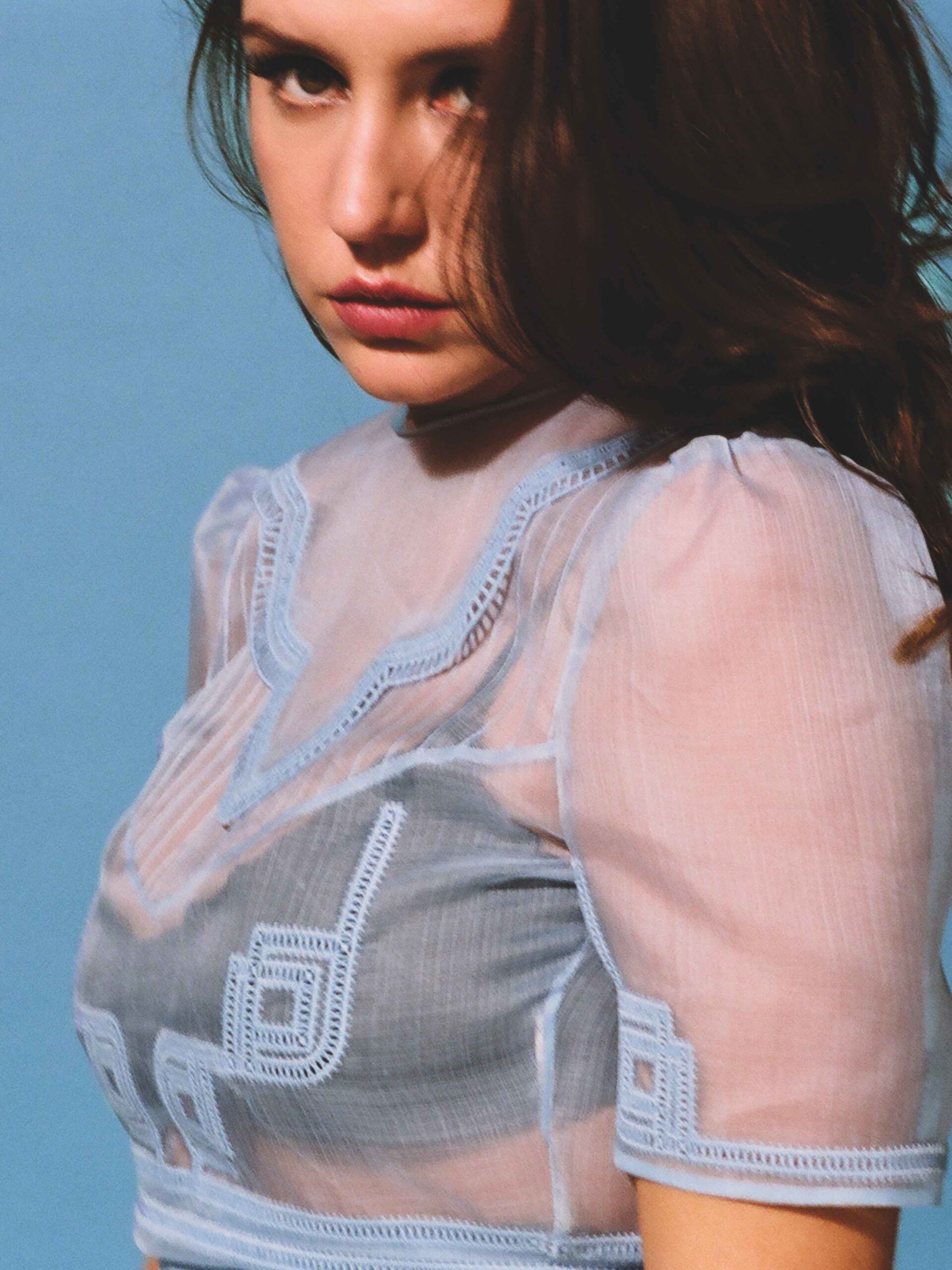
When I was younger, I was hardly prepping for my roles; I was drawing from personal experiences and from the collective on set. Today it has switched. The process of preparing for a role is a form of relaxation for me and it allows me to be freer once I am on set. I end up trusting my directors more, as well as the instincts I have about who my character is.
